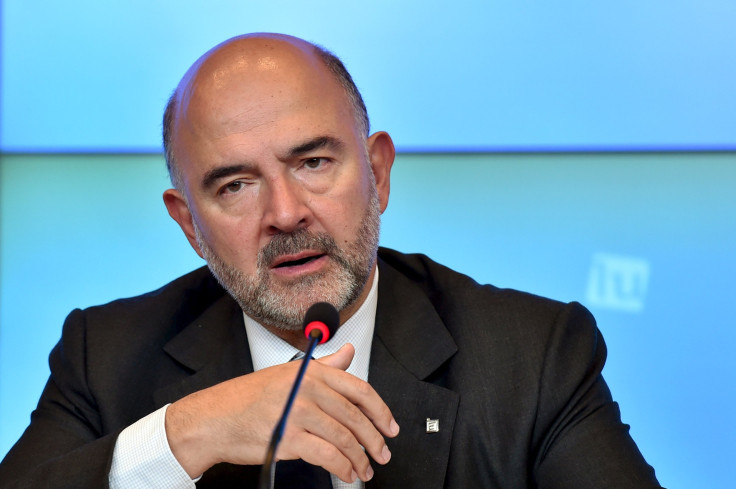Tax Deal 'Is Within Reach,' EU Economics Commissioner Says

For three years, the finance ministers of 11 countries within the European Union have been negotiating the terms of a pivotal transaction tax deal that would decide how -- and how much -- to tax companies operating in member countries.
On Saturday, the EU’s economic commissioner, Pierre Moscovici, told reporters that the countries were finally nearing an end to the deadlock.
“Today we made important, if not decisive, progress ... This deal is within reach," he said after Saturday’s Luxembourg meeting, Reuters reports.
Companies that do business in any (or any number) of the countries have been paying close attention to the outcome of this deal. Corporate taxes may seem like a fairly mundane subject to the average consumer, but considering the broad scope of the proposed new taxes, the impact on financial markets and the global economy could be huge.
Not surprisingly, the tax deal has faced a number of setbacks and delays, in part because of the divergent interests among the 11 nations. “Transaction tax plans have bogged down as countries disagree about how much revenue the tax should raise,” Bloomberg noted in June. “France has called for a phased-in approach that only covers a few types of trades at the start, while Austria and others have said the tax needs to collect substantial revenue to be worthwhile.”
Finance ministers from Germany, France, Italy, Austria, Belgium, Estonia, Greece, Portugal, Slovakia, Slovenia and Spain are involved in the negotiations.
European finance ministers said the tax will be implemented by early 2017.
© Copyright IBTimes 2025. All rights reserved.






















